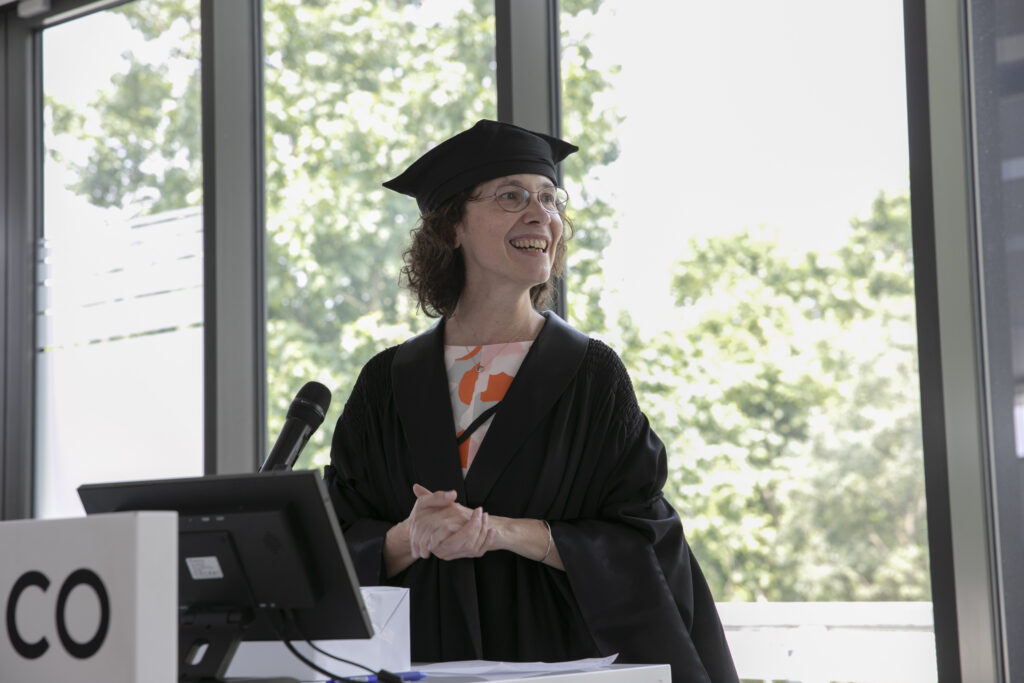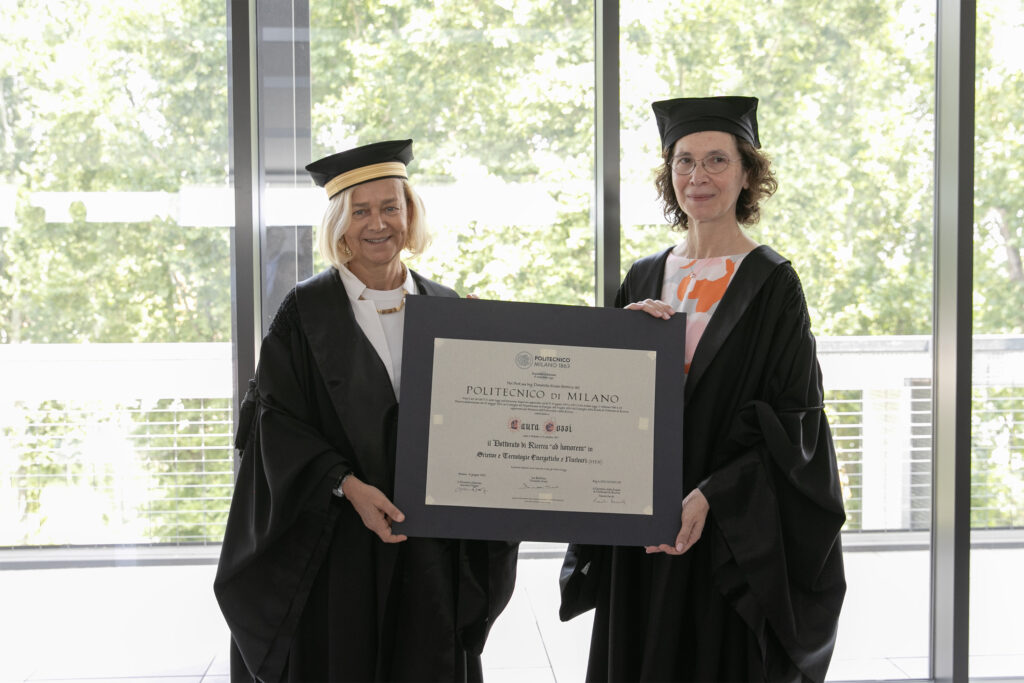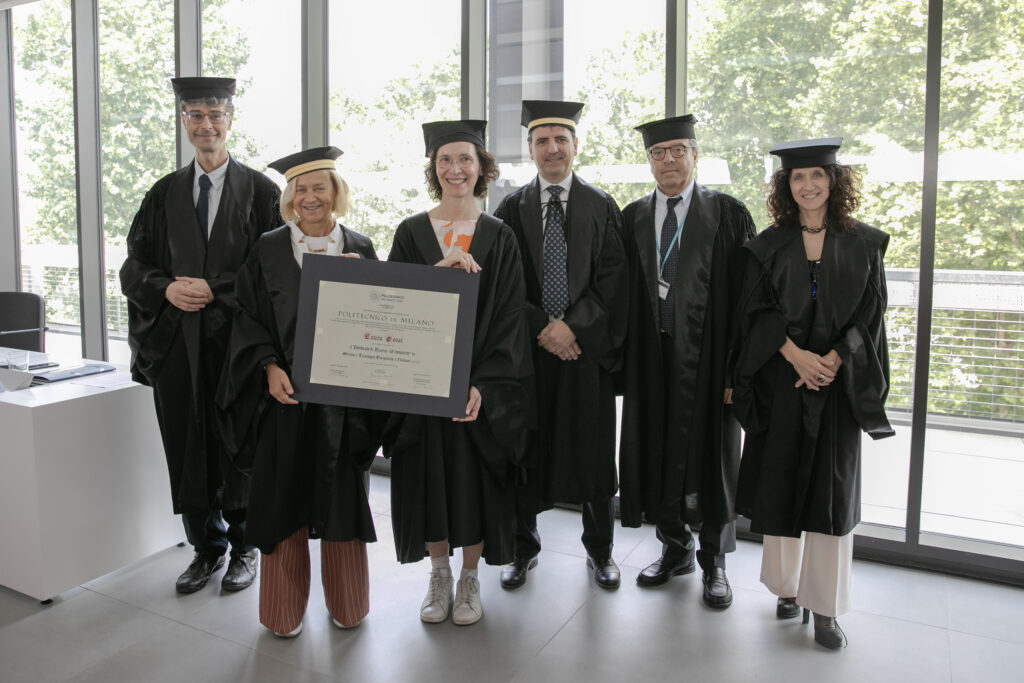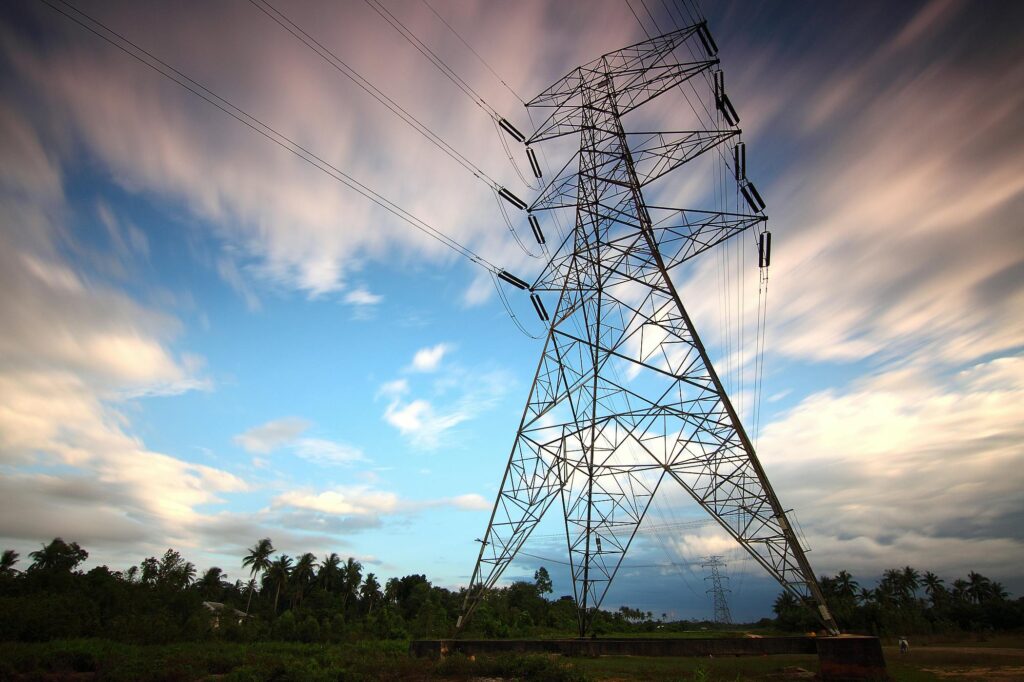Laura Cozzi is one of the most authoritative voices in the global field of energy diplomacy. She serves as the Director of Sustainability, Technology and Outlooks at the International Energy Agency (IEA), coordinating a multidisciplinary team that models all the main global scenarios for energy and climate change. She is also among the scientific contributors to World Energy Outlook, a flagship publication for governments, institutions and companies around the world. After more than twenty years working on the international stage, she returned to the Politecnico di Milano, where she trained as an environmental engineer, to receive an honorary doctorate: in recognition of her valuable contribution in connecting data, science and political decisions.

In this interview, Laura Cozzi talked about the personal and symbolic value of the award, the changes underway in global energy systems, the challenges of developing international cooperation and the role that Italy can play, particularly in the dialogue with the African continent. She reflected on the relationship between energy transition and security, on the industrial choices that come with it, and on the need for a greater female presence in the strategic sectors. She keeps her eyes firmly fixed on the data, but also maintains a long-term vision, a pragmatic attitude and sense of global responsibility.
She returned to the Politecnico di Milano, where she studied environmental engineering, to receive an honorary doctorate. What does this award mean to you? And to what extent did your education in Italy impact your international career?
“I left Italy in 1999, and returning to receive a doctorate from my ‘alma mater’ is an incredible honour. After so many years abroad, I can definitely say that the Politecnico di Milano produces an elite that can compete with the best on the world stage. My way ahead was defined by what I learned at the Politecnico, not only the technical knowledge – but also a determination to solve problems, and to always refer to the data and the scientific methods, while applying rigour to the processes. A doctorate at the Poly has always been my dream – and on 13 June 2025 that dream came true – thanks to the Magnificent Rector and the whole committee”.

How do you build a model that encompasses ecological transition, economic development, and fair access to energy?
“The IEA formulates long-term scenarios using the Global Energy and Climate Model, a one-of-a-kind model that has been extended and refined over the decades, thanks to the work of successive generations of IEA modellers. I’ve had the pleasure of making my own contribution to this process, as I’ve worked on improving the model since I joined the agency. The strengths of the model stem from the data, the multidisciplinary skills of the IEA, and our detailed studies of the different regions and sectors. Its wide scope gives us a holistic view of the global energy system, enabling us to identify synergies and trade-offs between different policy objectives. For example, achieving universal access to ‘clean cooking’ would reduce global greenhouse gas emissions by 1.2 Gt CO₂-eq per year, while also offering great benefits in terms of gender equality and health.
Developing global scenarios that provide a balance between energy security, environmental sustainability and access to energy, among other goals, is both a technical challenge and a strategic exercise: The IEA’s projections are based on robust data and rigorous modelling, and shaped by an ongoing dialogue with governments, industry and civil society about the realities of the world of energy. Energy systems are becoming increasingly complex; our models have to reflect these complexities and need to be constantly validated against real-world developments”.

With publications such as the World Energy Outlook and the Africa Energy Outlook, we have helped guide the energy strategies of governments and institutions. What do you think are now the main challenges for achieving effective international cooperation in the energy sector?
“During the course of my career, I have seen a shift in priorities with regard to international energy cooperation. While collaboration is still key to coping with shocks in the oil market, it also comes with new challenges – for example, the procurement of critical materials. Multilateral cooperation is essential because energy use and its impact are interconnected on the global scale, and no country is an energy island.
An important challenge for international collaboration in energy – but also an opportunity – is creating partnerships with Africa that reach beyond traditional forms of collaboration and produce real mutual benefits. Italy has a vital role to play, as a pioneer in this type of collaboration. This means not only supporting large-scale energy projects, but also addressing challenges such as access to clean cooking. There is also increasing potential for cooperation in strategic supply chains, such as collaborating with African partners to develop the local working and processing of the critical minerals required for Europe’s clean energy transition. Successful cooperation requires an alignment between countries on wide-ranging priorities, from combatting energy poverty to supporting industrial development. This is vital to ensure that the energy transition is brought about in a just and inclusive manner. In the IEA’s latest Africa Energy Outlook , we tried to shed light on this key issue, which lacked the data needed to focus on its solutions”.
You coordinate a multidisciplinary, international team, working in a strategic and constantly changing field. How do you manage such a complex research group? And what skills do you think are vital for anyone wanting to work in the world of energy today?
“I head the IEA Directorate on Sustainability, Technology, and Outlooks – which includes over 150 exceptional modellers and analysts from over 30 countries, with different skills and knowledge. I’m committed to guiding them with determination, scientific rigour and a strategic vision, but also listening and respecting their different points of view and different skills. Today’s energy challenges are so complex that no single discipline or institution can have all the answers, so collaboration is essential, both within the team and with external partners.
For anyone entering the energy sector today, I’d stress the importance of a mindset focused on a scientific, data-centred approach, so as to enable sound decision-making. Also important are a strong sense of collaboration and the communication skills needed to work across disciplines and cultures, plus the ability to apply essential technical knowledge to wider political, economic and social contexts”.

Looking ahead to the next ten years, what kind of energy transition do you envision as possible – or desirable? And do you think there are any encouraging signs, which often go unnoticed in public debate?
“The next decade will be decisive in ensuring a secure, cleaner and more cost-effective energy system for consumers. This is true in the global context, but even more so for Europe. We paid a very high price for our past energy choices when Russia invaded Ukraine. Our huge dependence on a single fuel – natural gas – has put heavy pressure on consumers and the economy.
Diversification is of key importance for the next decade. There are many technologies available for the electricity sector that produce energy at lower prices than gas, and that are also cleaner – with renewables right at the fore. But the energy challenge is becoming increasingly an industrial and technological challenge – China is at the forefront when it comes to batteries, solar power, electric vehicles etc. An energy plan for the next decade is actually a technological and industrial plan. It needs to be based on a country’s strengths and must include those technologies that are vital for energy, industrial and national security. In 2023, clean energy production constituted 10% of global GDP.”
You are an international figure of reference in a sector that is still predominantly male. How did you make your way in this context and what message would you give to young women who want to work in energy research or diplomacy?
“Over the course of my career, including at university, I have often found myself in situations where women were clearly in the minority. According to the latest IEA estimates, only about 20% of energy sector professionals are women, compared to 40% of the global workforce. However, I have seen a gradual improvement in equality during my working life, and I note that more and more women are now training in energy-relevant sectors. I also see some incredible women leading the industry today, including Professor Emanuela Colombo from the Politecnico di Milano, whose collaboration has been and continues to be invaluable to me.
Working in the energy sector requires technical skills, curiosity, perseverance and collaboration, and women play a vital role in determining solutions for the energy transition. To young women aspiring to work in energy research and diplomacy, I’d like to say: your perspective is needed, your voice is important, and the industry cannot afford to lose your talent. Surround yourself with mentors, be confident in your abilities, and be proactive in stepping up for leadership roles. As you progress in your career, also support younger women, by sharing your experiences and opening doors for them. The energy sector is evolving and with it come opportunities for women to lead and shape our future”.
